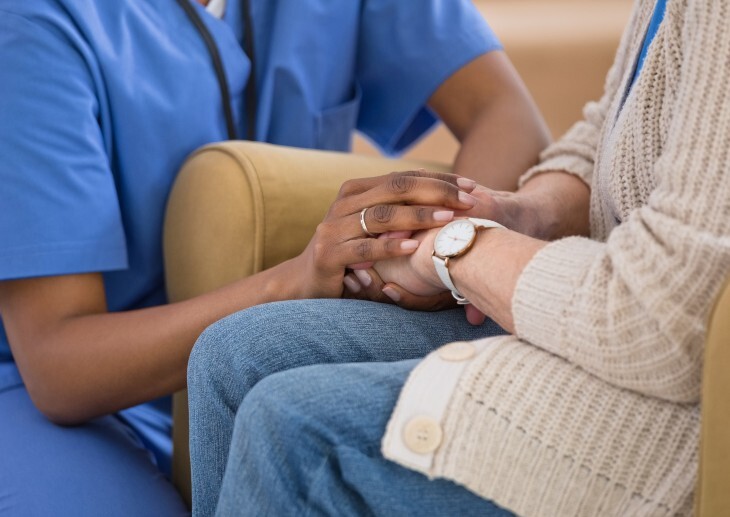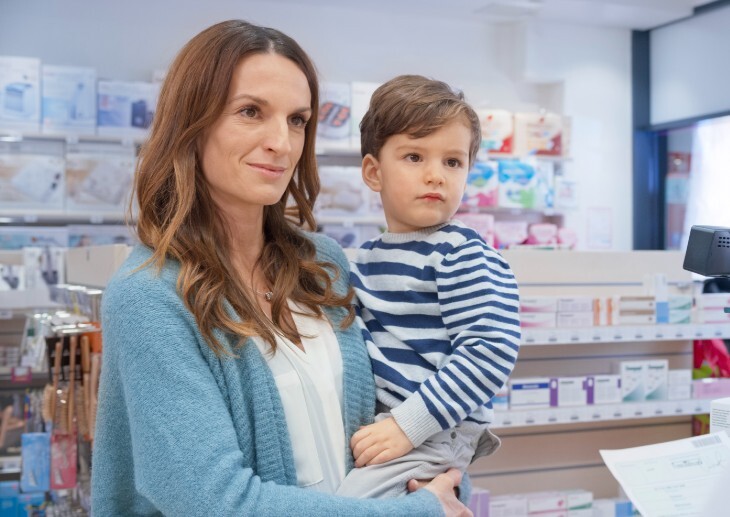Inadequate early intervention for children and young people’s mental health creates ‘unnecessary pressure’ across the NHS, including GP practices, a new report has found.
Published today (9 December) as part of its inquiry into children’s mental health, the health and social care select committee found that despite ‘significant expansion’ of services, it has not kept pace with growing demand.
It stated that the ‘need for early intervention’ and prevention has been ‘consistently overlooked’ by successive governments, with adverse effects for the individual child and ‘across society more widely’.
The report said: ‘The lack of adequate protective support and early intervention create unnecessary pressure across the entire healthcare system, from GP appointments to A&E presentations and NHS inpatient services.’
The committee argued that the DHSC must take ‘radical steps’ to shift the focus in mental health provision toward early intervention and prevention.
According to the latest NHS data, the number of people in contact with NHS mental health services has jumped by 11% this year, while analysis published in the summer revealed the number of under-19s waiting for urgent treatment for eating disorders tripled during the pandemic.
Last month, a CQC review identified silo working limited GPs’ ability to work collaboratively with mental health services.
Digital mental health support removes barriers
The Government must focus its attention on digital mental health support as a means of improving young people’s access to services, the Committee said.
‘For those children and young people who prefer accessing help online, digital services can be an important way of reducing barriers to access so it is important that a digital offer should be available for all young people,’ it said.
These solutions should include self-help options in addition to digital counselling to ‘prevent over-medicalisation’, it added.
However, the committee warned that digital support options are ‘not appropriate for all’ children and ‘can pose barriers and exacerbate inequalities’ for some.
Digital counselling solutions should complement existing in-person offers, it said, adding that targets for improving access should not be met by an ‘over-reliance’ on digital.
The committee also called on the DHSC to produce a ‘comprehensive’ update by the end of January 2022, outlining measures to be implemented, funding to be allocated, and a timeframe for key outcomes.
In August, the NHS Confederation called on the Government to ensure representation for mental health on ICS boards, after finding 1.5 million young people may need new or additional mental health support as a result of the pandemic.






